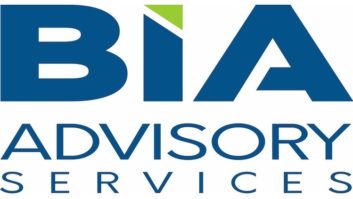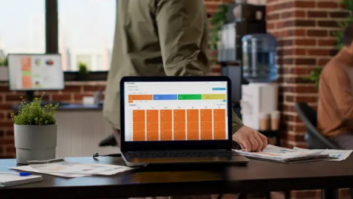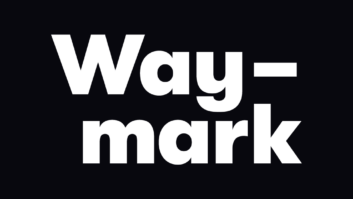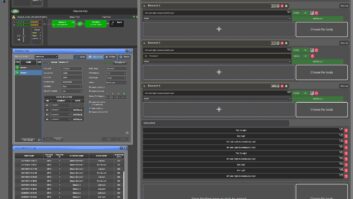Political Ad Season Reminders
Jan 1, 2012 2:00 AM, By Lee Petro
As the calendar flips to 2012, the attention of broadcasters switches to the beginning of the political season. With the presidential election, 33 seats in the Senate, all the House seats, and 11 governor’s offices up for election, it will be a robust year for political advertising.
While that is good news for the broadcasters’ bottom line, the increased activity comes with the responsibility to ensure compliance with the rules and policies regarding political broadcasting. Here are several of the main topics every broadcaster should know.
The Lowest Unit Charge (LUC) obligation attaches 45 days before the state primary, and 60 days before the general election. During these periods, a legally qualified candidate is only obligated to pay the lowest unit rate charged for the same class and amount of time during the same period. For periods before the LUC windows, political candidates can only be charged comparable rates, i.e., not excessively higher than other commercial advertisers. The right to the LUC applies to federal, state and local candidates
A legally qualified candidate is a person that has publicly announced that he or she is running for elective office, and has met all of the qualifications that office. With the possibility of a third-party candidate in the presidential election this year, broadcasters should remember that if a presidential candidate is qualified in 10 states, than he or she is a legally qualified candidate in all states.
When a candidate uses a broadcast station, its opponents are entitled to equal opportunity at the same cost in a comparable time period. The right attaches to all legally qualified candidates, and is applicable at any time.
In this context, a use is any positive broadcast of a candidate’s voice or image, which is not aired during a bona fide newscast, bona fide news interview, bona fide news documentary where candidate’s appearance is incidental, and on-the-spot coverage of bona fide news events.
One thing to remember is that even an appearance of a candidate on an entertainment program (DJ running for mayor, an actor running for governor) will result in a use. Also, while a station is not obligated to notify the opposing candidates of a use, the station must place this information in the station’s political file on a timely basis, and opposing candidates have seven days to make the demand for equal opportunity.
Reasonable access is a special right afforded only to federal candidates, and applies to all classes and dayparts of commercial time. In general, this means that a federal candidate has the right to demand access to the station to purchase advertisements. A station must make a reasonable amount of time (both spot and program-length) available to federal candidates, but it does not have to make all its inventory available. If a station does make time available for a state or local candidate, then it must make available similar time for its opposing candidate(s), but it can decline to offer access to other state or local elections (i.e., make time available for mayoral candidates, but not treasurer).
Federal candidates have an additional requirement. The Bipartisan Campaign Reform Act (BRCA) requires candidates to supply a certificate to broadcast station in order to be eligible for the station’s lowest unit charge. The candidate must certify he/she will not directly reference opposing candidates, unless he/she also states that the spot was approved by the candidate, and that it was paid for by his/her campaign or authorized committee.
This discussion is certainly not intended to address all of the issues that broadcasters will face in the upcoming season. In the February 2012 FCC Update, I will address some of the pitfalls and other special concerns facing broadcasters. In the meantime, if you have questions, you should contact your communications counsel for further discussion before the election season starts.
Dateline

January: Stations in Georgia and Alabama continue running License Renewal Post-Filing Announcements on Jan. 16, Feb. 1 and 16, 2012. Stations located in Arkansas, Louisiana, and Mississippi continue running their pre-filing announcements on Jan. 16, 2012.
Feb. 1: Stations in Arkansas, Louisiana, and Mississippi file License Renewal Application and EEO Program Report. Noncommercial stations also file their Biennial Ownership Report (FCC 323-E). Stations in Indiana, Kentucky and Tennessee commence running License Renewal Pre-Filing Announcements, continuing on Feb.16, March 1 and 16.
Petro is of counsel at Drinker Biddle & Reath, LLP. Email: [email protected].
January 2012
The advantages of Modulation Dependent Carrier Level technology, a tour of WEBE-108/WICC, understanding tee networks, Field Reports on the Deva Broadcast DB44 and Nagra SD, and a comparison of compact mixers….












